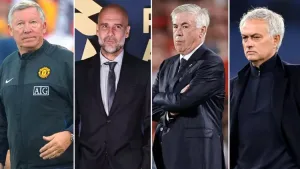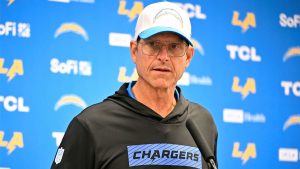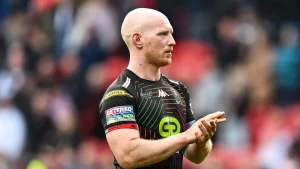
The 50 greatest football managers of all time have been named and ranked

Football, or soccer as it’s known in some countries, has seen countless managers who have shaped the game and left an indelible mark on its history. Ranking the 50 greatest football managers of all time is a challenging task, as it involves evaluating their impact on the sport, their tactical innovations, and their achievements over decades. Below is a look at some of the most influential managers who have earned their place among the best.
1. Sir Alex Ferguson: Ferguson’s tenure at Manchester United is legendary, winning 13 Premier League titles, 5 FA Cups, and 2 UEFA Champions League trophies. His ability to evolve with the game and maintain a winning mentality made him a giant in football history.
2. Johan Cruyff: A pioneer of “Total Football,” Cruyff’s influence extends beyond his playing days. His philosophy shaped Barcelona and laid the foundation for their future successes. His innovative approach to tactics and youth development remains influential.
3. Rinus Michels: Known for developing Total Football, Michels led Ajax and Barcelona to domestic and European glory. His tactical innovations changed the way football was played and coached.
4. Bob Paisley: The only manager to win three European Cups, Paisley’s reign at Liverpool was marked by domestic and continental success. His tactical acumen and management style cemented his status as a legend.
5. Carlo Ancelotti: Ancelotti’s managerial career is highlighted by his success across Europe with AC Milan, Chelsea, Real Madrid, and others. His ability to adapt and succeed in various leagues showcases his tactical versatility.
6. José Mourinho: Known for his charismatic personality and tactical brilliance, Mourinho has won domestic and European trophies with Porto, Chelsea, Inter Milan, Real Madrid, and Manchester United. His ability to win consistently makes him a standout manager.
7. Arsène Wenger: Wenger revolutionized English football with his innovative ideas and emphasis on attacking play. His tenure at Arsenal was marked by the “Invincibles” season, where his team went unbeaten in the Premier League.
8. Vicente del Bosque: Del Bosque achieved great success with both Real Madrid and the Spanish national team, winning the World Cup in 2010 and the UEFA Euro in 2008. His calm demeanor and tactical awareness were key to his success.
9. Helenio Herrera: Herrera’s tactics, known as the “catenaccio” or “door-bolt,” were revolutionary. He led Inter Milan to two European Cups and left a lasting impact on defensive tactics.
10. Zinedine Zidane: Zidane’s managerial career, though shorter than others on this list, is notable for its success. He led Real Madrid to three consecutive Champions League titles, showcasing his ability to manage high-pressure situations.
11. Louis van Gaal: Van Gaal’s influence on modern football tactics is significant. His time at Ajax, Barcelona, and Bayern Munich demonstrated his tactical flexibility and focus on developing young talent.
12. Marcello Lippi: Known for leading Italy to World Cup glory in 2006, Lippi also enjoyed success with Juventus, winning multiple Serie A titles and the UEFA Champions League.





